The Phenomenon of Han Dynasty Emperors and Male Favorites: The Intertwining of Culture and History
In ancient Chinese history, the Han Dynasty, a legendary era, has attracted much attention not only for its prosperity in politics, economy, and culture, but also for the unique hobbies of some of its emperors, which have sparked discussions among later generations. Among them, the phenomenon of Han Dynasty emperors favoring male lovers has garnered widespread attention. So, why did so many Han Dynasty emperors have male lovers? This article will explore this phenomenon from multiple perspectives.

Firstly, the origin of the male lover phenomenon. This phenomenon did not originate in the Han Dynasty in Chinese history; there are relevant records dating back to the pre-Qin period. In ancient society, male lovers were considered a special form of entertainment to satisfy the emperor's emotional and spiritual needs. As a powerful dynasty following the Qin Dynasty, the Han Dynasty inherited this tradition and flourished it.
Secondly, the Han Dynasty emperors and their male lovers. Among the Han Dynasty emperors, especially those from the Western Han period, such as Emperor Wen and Emperor Jing, there are records of them favoring male lovers. These male lovers were usually young, beautiful, and talented, able to accompany the emperor during leisure time. Their existence not only satisfied a certain psychological need of the emperor but also reflected the society's pursuit of beauty and aesthetic concepts at that time.
Thirdly, social atmosphere and cultural background. During the Han Dynasty, social attitudes were relatively open, and people had a higher degree of understanding and acceptance of sexual orientation. In addition, the rise of Confucian culture emphasized the loyal relationship between the emperor and his officials, providing a rational explanation for the relationship between the emperor and his male lovers to a certain extent. Therefore, under this social atmosphere and cultural background, it became an accepted phenomenon for emperors to have male lovers.
Fourthly, political factors. Apart from cultural and social influences, political factors also played a significant role in leading to the Han Dynasty emperors favoring male lovers. In feudal society, imperial power was supreme, and the emperor needed to maintain his authority through various means. Having male lovers could satisfy the emperor's desire for power to a certain extent, demonstrating his unique status. At the same time, the emperor could also use male lovers to consolidate his rule by appointing them as officials or granting them privileges to win over people's hearts and stabilize the political situation.
In conclusion, the phenomenon of Han Dynasty emperors favoring male lovers was a result of the combined effects of multiple factors. From cultural inheritance, social atmosphere, to political factors, they all influenced the emergence and development of this phenomenon to varying degrees. Although this phenomenon has sparked many controversies in later generations, we cannot ignore its rationality in the historical context of that time. By studying the phenomenon of Han Dynasty emperors and their male lovers, we can gain a deeper understanding of the history and culture of that era, and thus better recognize and understand the diversity and complexity of ancient Chinese society.
Disclaimer: The above content is sourced from the internet and the copyright belongs to the original author. If there is any infringement of your original copyright, please inform us and we will delete the relevant content as soon as possible.
Guess you like it
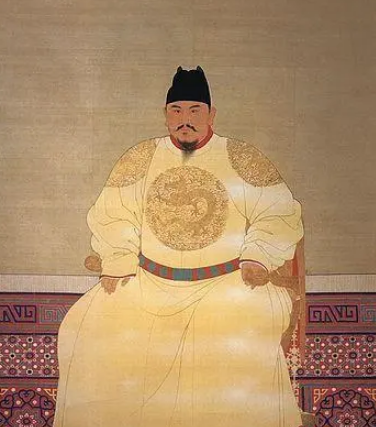
The Rise of Zhu Yuanzhang: From a Poor Farmer to the Throne of Empire
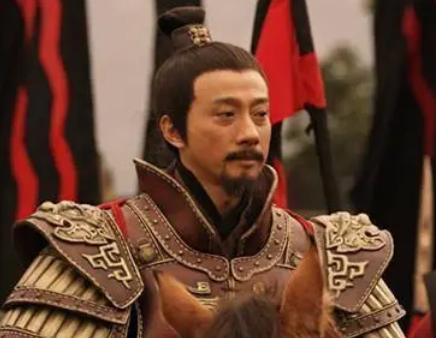
What does "Lv Qians Dao" refer to? What is the origin or allusion behind it?
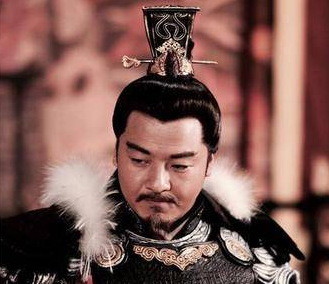
The Battle of Changping: The Defeat of the Zhao Kingdom and the Responsibility of King Xiaocheng of Zhao
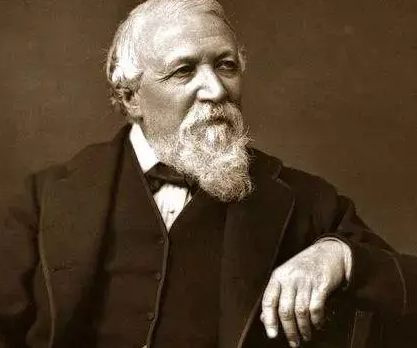
What are the characteristics of Robert Brownings poetry? And what kind of influence does it have?
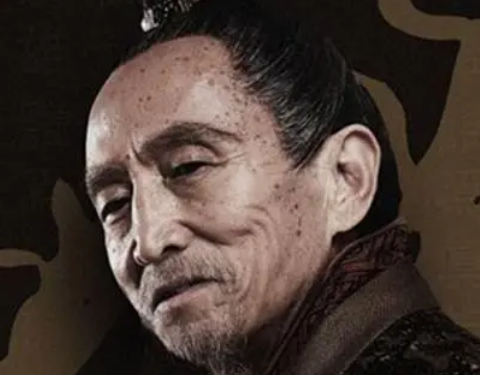
Who is Pang Yu and where is he from?
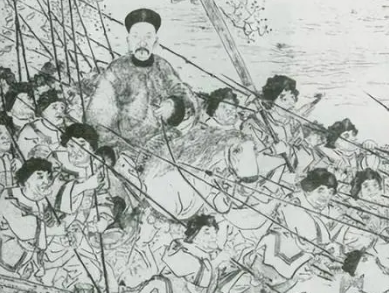
General Bao Chao of the Hunan Army: The Reason Behind His Inability to Hold His Own
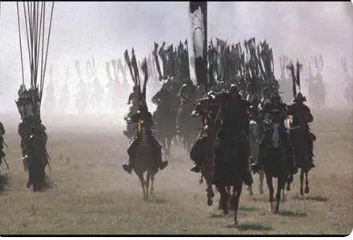
Wu Sanguis Surrender to the Qing Dynasty: The Fate of His Troops and Family
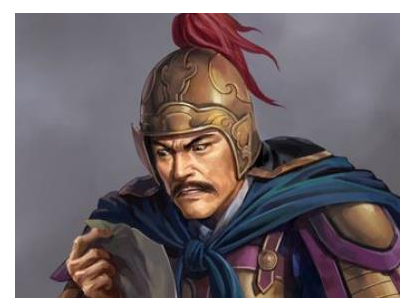
What is Yan Wens identity? Where is he from?

Pan Feng, a General in the Three Kingdoms Era: Exploring His Combat Strength

What is the relationship between Robert Browning and Elizabeth? What kind of love relationship is it?









